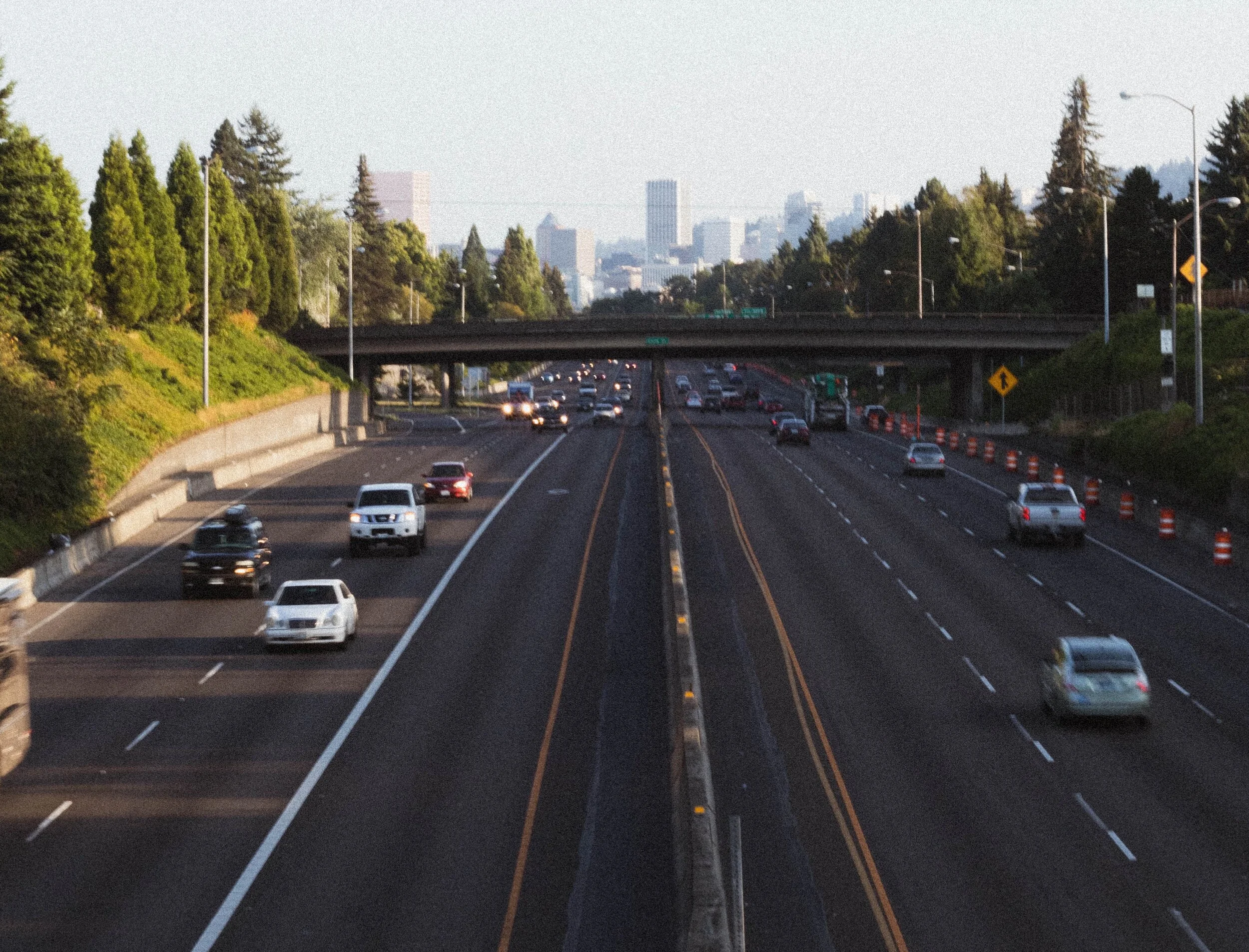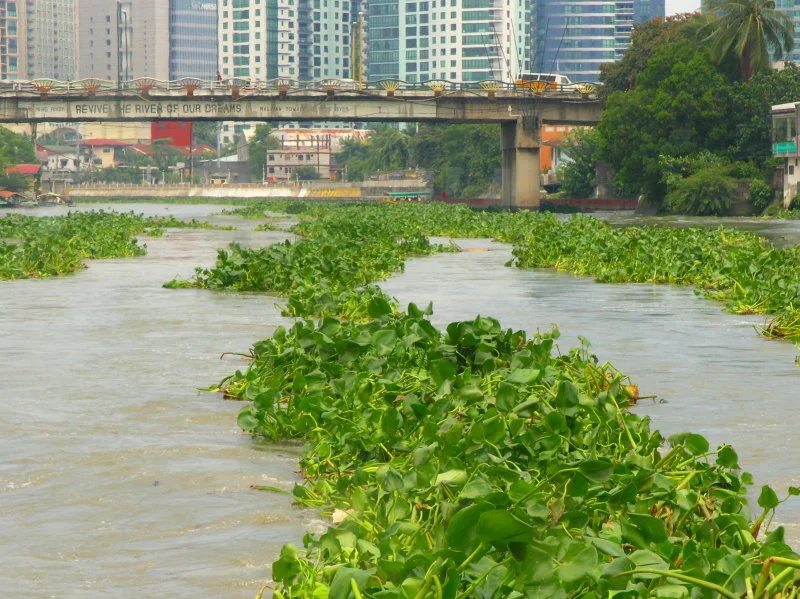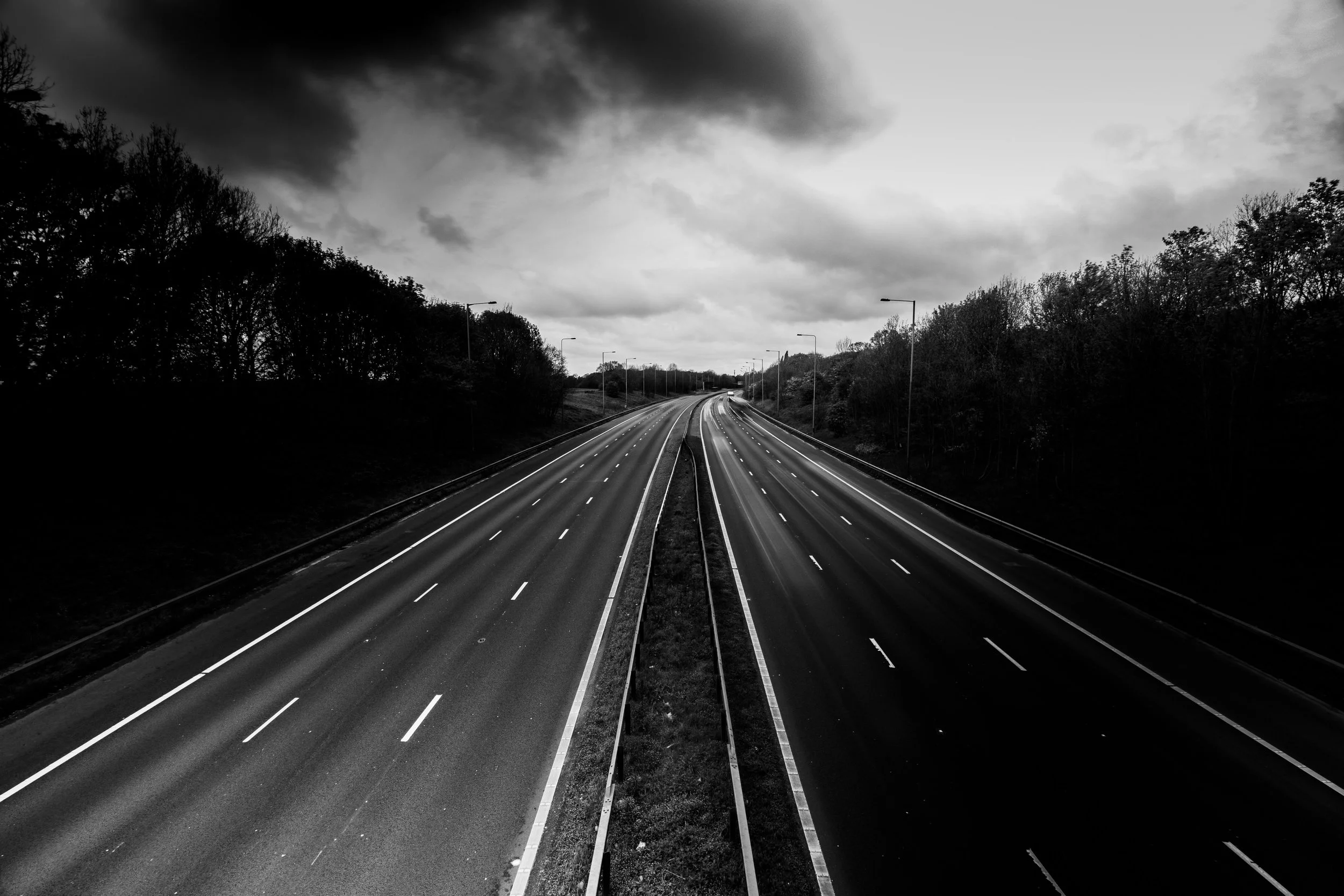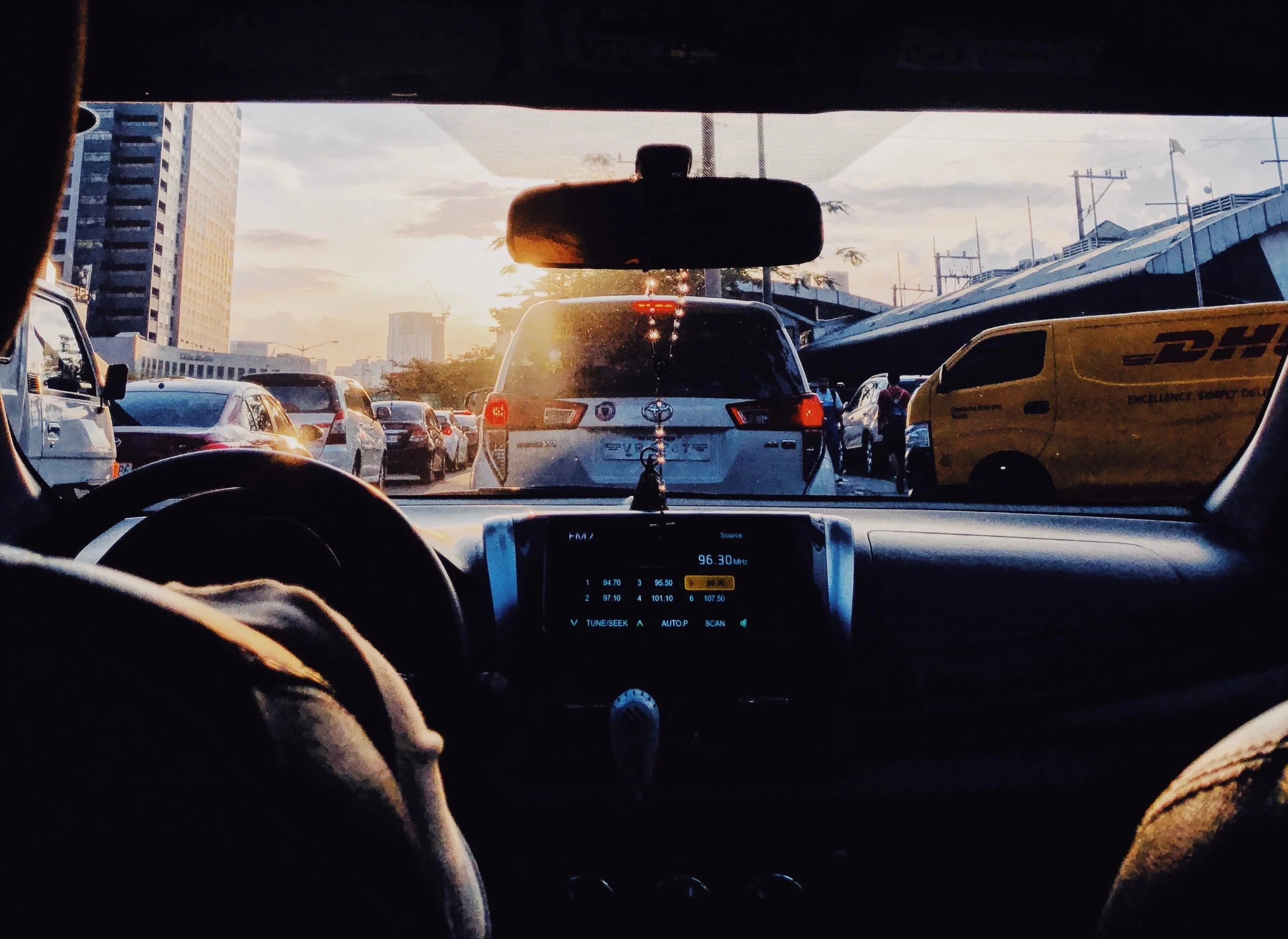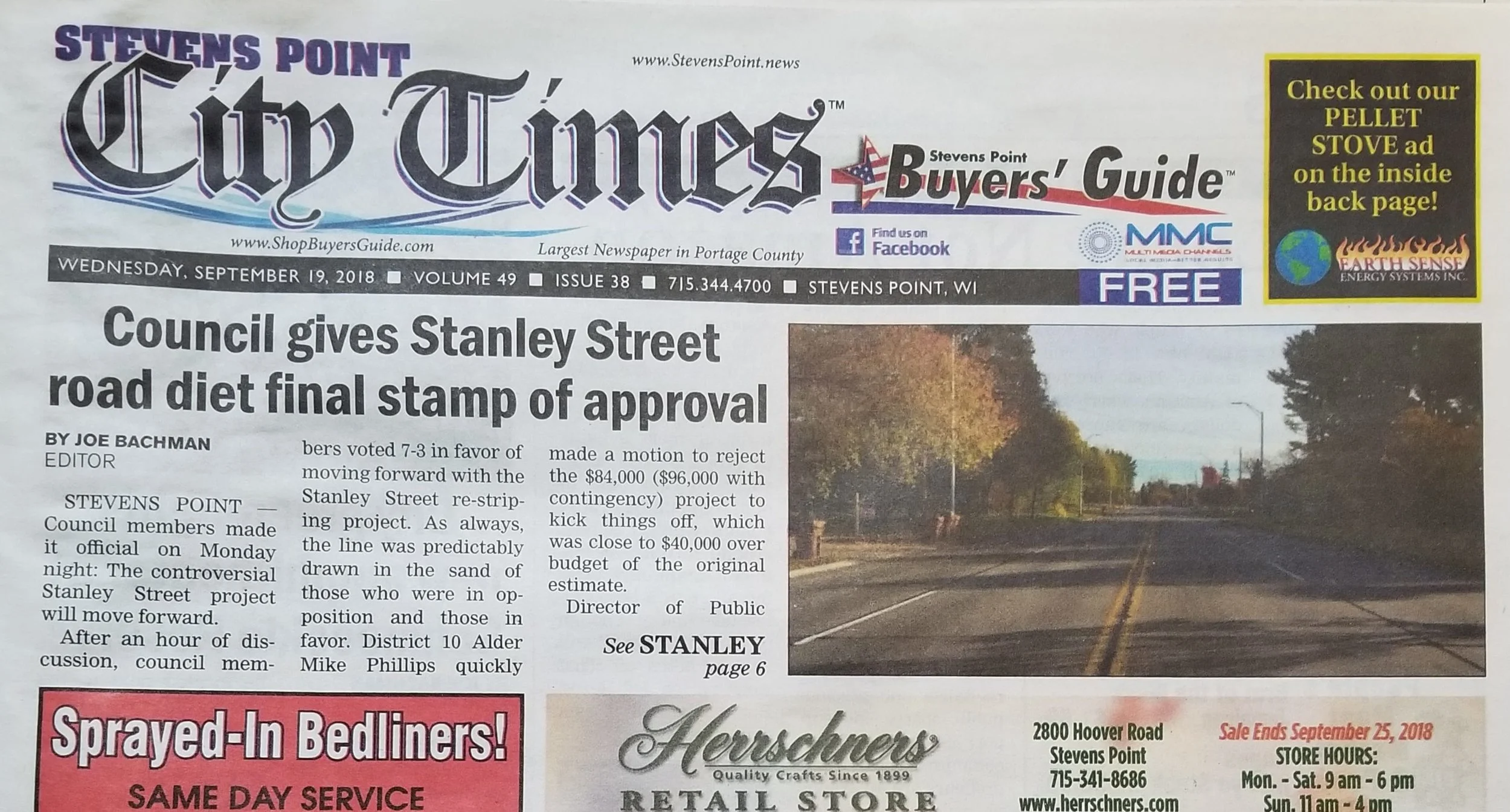If we’re willing to learn, this experiment shows us how to fight congestion and get a more efficient transportation system.
Read MoreNo. They’ve made more obvious a pre-existing epidemic of reckless street design.
Read MoreThe way we design our cities guarantees a flood of congestion. And then we pour billions of dollars into highway expansion, only to worsen the problem we created in the first place.
Read MoreWhy does a healthy pond suddenly become overrun with algae? And what can the natural principle behind this help us understand about how change works—or doesn’t—in cities?
Read MoreWhat kind of problem is traffic? Is it a mathematical or programming problem, a physics problem, an engineering problem, an economics problem, or a cultural, behavioral, or political one? The right answer: “Yes.”
Read MoreNo, you’re not stuck in congestion because your city’s infrastructure is “inadequate” to handle growth.
Read MoreThere are a ton of good reasons to invest in transit. Making life easier for drivers isn’t one.
Read MorePublic officials trying to make their city’s street more humane are often thwarted by the professional engineers giving them advice. If that’s your city, it’s time to make a change.
Read MoreTwo simple photos show the difference between a street simply designated 20 miles per hour, and one actually designed to be safe. We can't regulate our way to safety.
Read MoreNot for the first time, the Car-pocalypse failed to materialize around Seattle’s new SR-99 tunnel. This is further proof we’ve been underestimating commuters’ ability to adjust to transportation changes. Have we also been overestimating how much they value these multibillion-dollar megaprojects in the first place?
Read MoreSkeptics cite empty buses and trains as proof that public transit isn’t worth the investment. But what if they applied their same standard to our rural highways?
Read MorePublic officials trying to make their city’s street more humane are often thwarted by the professional engineers giving them advice. If that’s your city, it’s time to make a change.
Read MoreFlawed methodology. Lack of accountability. Discrepant data. Egregious assumptions. The new Urban Mobility Report will be used to make or justify transportation policies around the country, which makes it too wrong to be ignored.
Read MoreLove to hate congestion? We’ll never fix it by obsessing over speed or traffic delays. We need to rethink our whole transportation debate, starting with this premise: it’s not about how fast you can go. It’s about what you can get to.
Read MoreA deep, dredged ship canal is a recipe for catastrophic flooding in a hurricane, whereas a coastal marsh absorbs the surge of water in a way that lets life continue to flourish. This analogy has something important to teach us about urban streets.
Read MoreThe right question is how we’re going to get people to the things that make their lives better. Transportation problems look different once you’re having that conversation.
Read MoreIt’s one thing to talk about the benefits of calmer, narrower streets. It’s another thing to be on the front lines of convincing your community to accept a road diet. One Strong Towns member tells the story of how he picked this battle in his town… and won.
Read MoreIf you can’t justify your half-a-billion-dollar freeway widening project with the usual argument, why not try a different one: that it will reduce crashes? Unfortunately, there’s no evidence for this either.
Read MoreYour daily commute sucks. Is it also making you go broke?
Read MoreWe’ve gotten very good at keeping traffic off of neighborhood streets. But at what cost to our cities?
Read More
